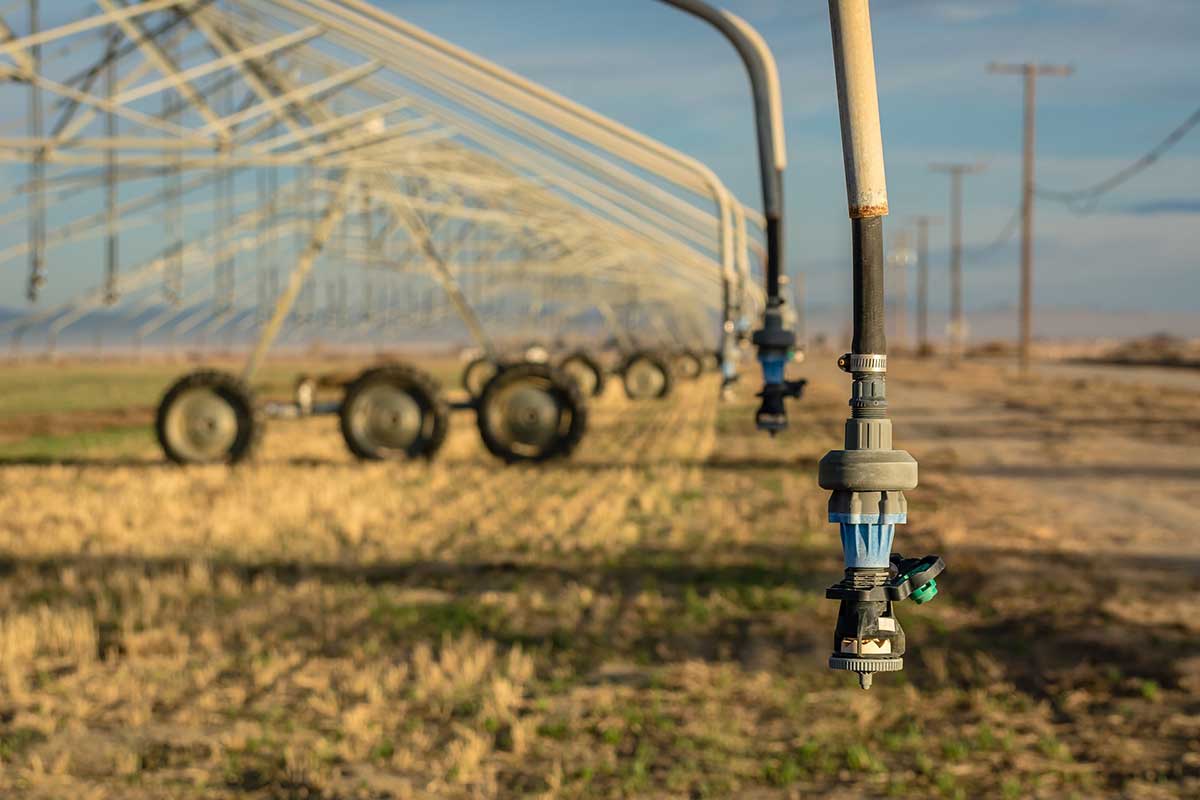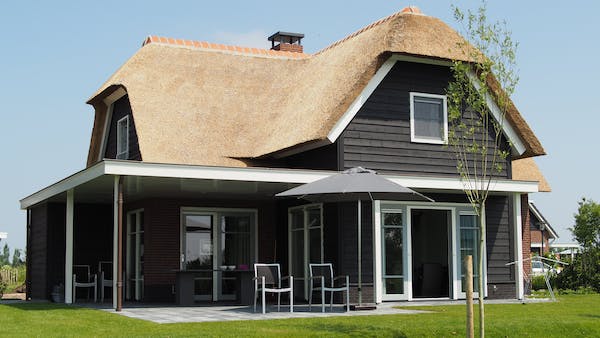Today, when water scarcity is becoming a growing concern, it is important to adopt efficient and sustainable practices. This is where smart irrigation systems come into play. Unlike regular watering techniques, which rely on manual control and fixed schedules, smart irrigation systems utilize advanced technology and automation. Such a manner of watering gardens and landscapes allows for optimized use of water and improved the overall efficiency of irrigation.
Let’s go through the wonderful benefits of smart irrigation systems, highlighting their transformative impact on garden maintenance and the conservation of resources.
Water conservation
Smart irrigation systems are designed for water conservation, making them an eco-friendly and sustainable choice. This precise control ensures that water is delivered only when necessary, preventing overwatering and conserving this valuable resource.
Based on the 2020 study, smart irrigation systems can save up to 35% more water compared to traditional irrigation methods, contributing to resource management. Moreover, the implementation of smart irrigation systems may qualify for discounts or incentives provided by local water authorities, further encouraging homeowners to adopt these water-efficient solutions.
Lower water bill
Smart irrigation systems also lead to cost savings. By conserving water, homeowners can significantly reduce their water bills, especially in regions where water rates are high. While you will still need to use a retractable garden hose for potted plants and hard-to-reach areas, this water consumption will be insignificant to your bill.
Besides the lower utility bill, delivering the right amount of water at the right time helps prevent under or overwatering of plants. For example, different plant types may require varying levels of water or have distinct watering preferences, allowing for healthy growth. If you are growing vegetables for private or commercial purposes, this technology may increase the annual crop yields.
Watering based on weather conditions
One of the most remarkable benefits of smart irrigation systems is their ability to monitor and respond to real-time weather conditions. By integrating weather data and sensors, these systems can automatically adjust the watering schedule to account for factors such as rainfall, temperature, humidity, and evapotranspiration rates.
Furthermore, by implementing such data, smart irrigation systems can optimize watering schedules to coincide with the most opportune times of the day, like in the early morning or late evening. This approach not only reduces water loss due to evaporation but also promotes better absorption by the plants’ roots, resulting in healthier and more gorgeous landscapes.
Remote monitoring and control
Smart irrigation systems offer the convenience of remote monitoring and control through a mobile app or a web-based interface. This way you can access real-time data, adjust settings, and even receive alerts regarding system performance or potential issues. This feature is especially beneficial during vacations or extended periods of absence since you can ensure that your garden continues to receive adequate irrigation, even if you’re far away from home.
Customized zones and soil moisture monitoring
When you use a smart irrigation system, you can create customized zones within your landscape, enabling individualized watering schedules for each area. You can divide your garden into zones based on factors like sun exposure, soil type, or plant requirements and set the irrigation system to follow these specific needs.
Additionally, many smart irrigation systems incorporate soil moisture sensors. These sensors constantly monitor moisture levels in the soil and provide real-time feedback, allowing for adjustments to watering schedules based on the actual moisture conditions. This fine-tuning eliminates the guesswork associated with traditional irrigation methods and minimizes incidents of errors.
Easy installation
Contrary to popular belief, implementing a smart irrigation system doesn’t have to be a complicated process. Whether you have underground sprinklers or a drip system, smart irrigation controllers can be retrofitted to upgrade your watering system. Another plus side is that most smart irrigation systems are compatible with other smart home technologies, allowing for integration and control through popular home automation platforms.
Final words
Opting for smart irrigation systems brings a new level of efficiency, control, and sustainability to your garden. Although you won’t hang that retractable garden hose for good just yet, you will enjoy the enormous benefits of precise irrigation, enhanced plant health, and remote monitoring. By installing smart irrigation, homeowners can conserve water and save on utility bills while contributing to a greener and more sustainable future.




